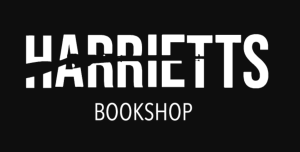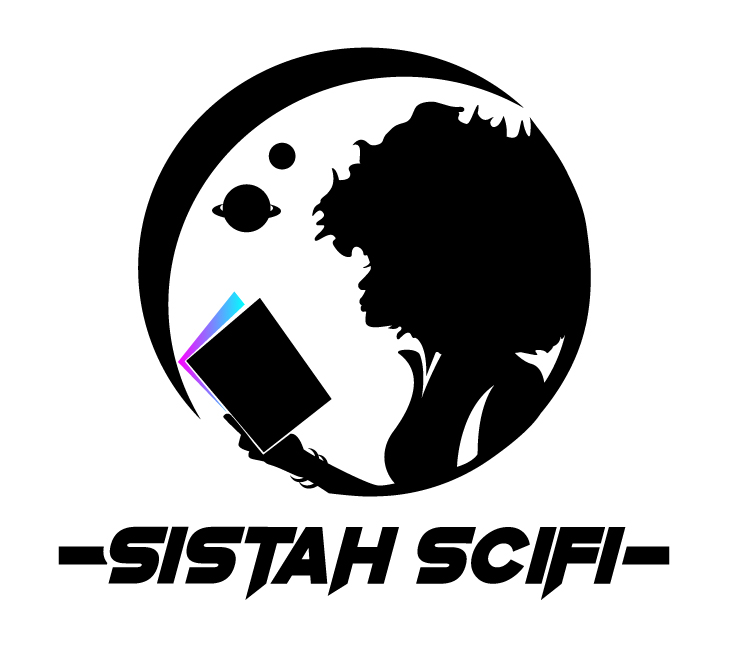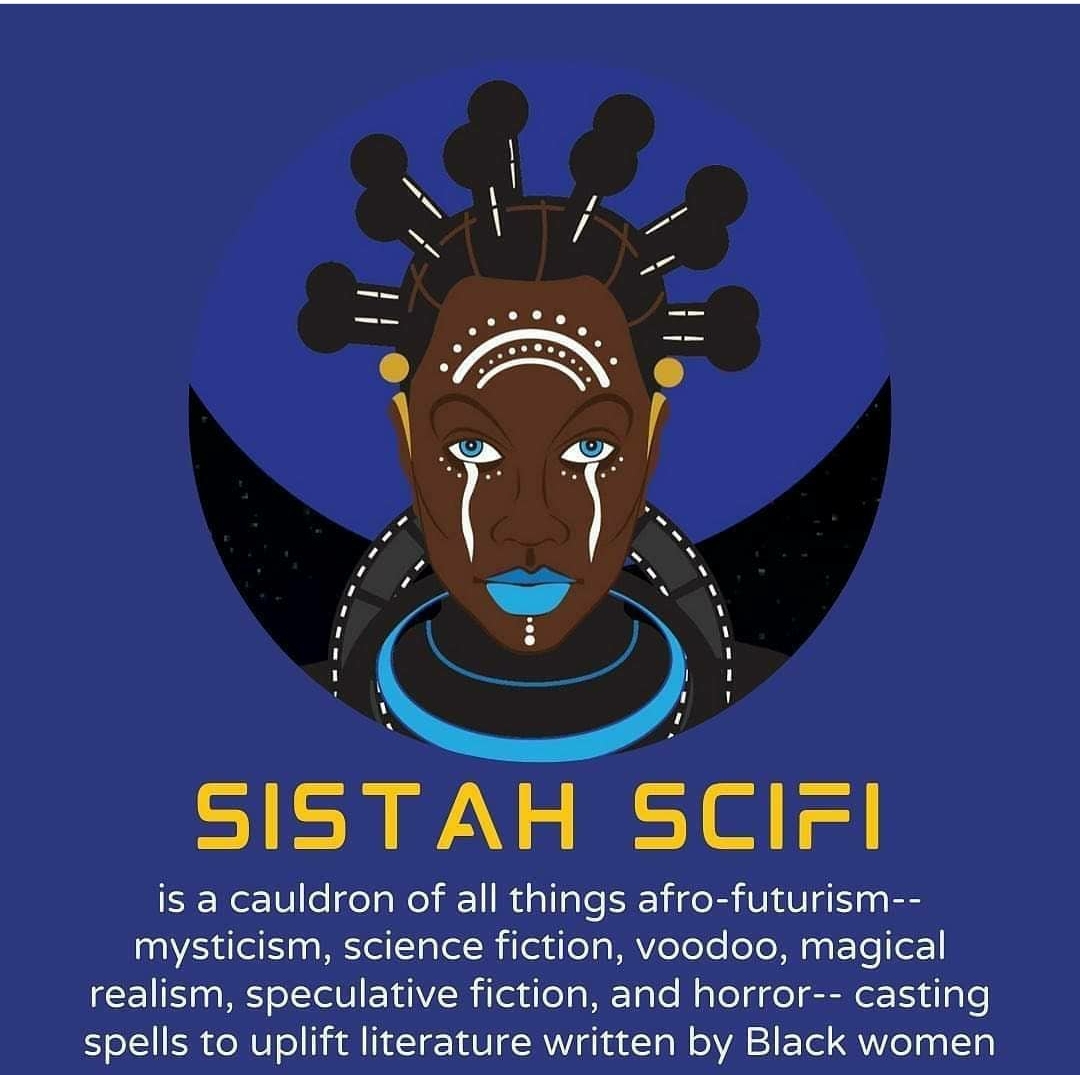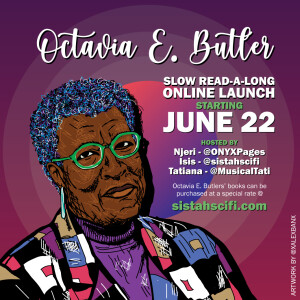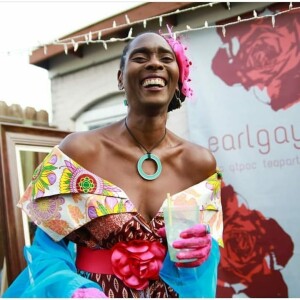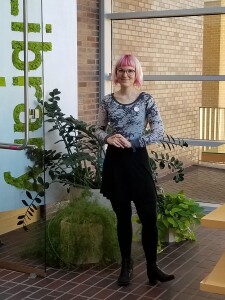
In the past several months, we have been interviewing people in the book world with interesting perspectives on current events. This month KJ talked with Anne Helen Petersen, author of the new book Can’t Even: How Millennials Became the Burnout Generation. Ms. Petersen is a former academic & professor, now culture writer with two previous non-fiction books and a long tenure writing cultural and political analysis at Buzzfeed. She currently writes “Culture Study,” a newsletter through Substack.
What brought you to the subject of specifically Millennial burnout? Do you think the stressors of COVID-19 have exacerbated or intensified feelings of burnout in this or any generation?
It’s pretty straightforward: I’m a millennial, and I’d been burnt out for years — but didn’t understand what I was experiencing as burnout, because I’d always thought that burning out meant hitting a wall and, like, collapsing. I prided myself on being able to just keep doing the work, no matter my exhaustion and stress. When I finally figured out what was going on, it was only because I was able to expand the definition to describe a feeling that I think so many in our generation feels — the result of great instability/precarity and the feeling of needing to work all the time to counteract it.
COVID has only exacerbated and amplified existing burnout. Everyone I know who was exhausted before the pandemic now feels like they’re barely holding it together — especially parents. I think that before COVID, many had become pretty adept at ignoring some of the larger structural brokenness in society and trying to patch some of the holes in the social safety net. Now there’s no more pretense: something’s very broken, and we have to get pissed off enough to fix it.
In a recent newsletter on your Substack, you examined how the vocational awe affects the essential workers it venerates, specifically in the context of librarians. Earlier this year, we talked with Callan Bignoli, a librarian-activist for front-line workers amidst the stuttered re-opening of libraries. Can you speak to how vocational awe, librarians, and burnout meet?
The short answer to this question is that vocational awe creates an aura of do-goodness around a job that does two pretty crappy things. First, it makes it so that the vocation as a whole becomes reticent to self-critique: it’s so essential, so good, so venerated in society, that there’s not much room to figure out what’s maybe not so good (and causing burnout!) within it. Fobazi Ettarh’s seminal piece does an excellent job of pointing to how vocational awe amongst librarians has allowed the profession to just stick with the status quo of maintaining implicit whiteness (and white standards of behavior, of learning, of speech, whatever) within library-related and librarian-related spaces.
But then it also allows people outside of the profession to dismiss very real demands, on the part of librarians, for things like adequate funding, health care, and support for dealing with the myriad jobs that each librarian is now tasked with performing. If you ask for more, it’s somehow viewed as indicative of a lack of passion, or a lack of appropriate awe for the job. This mindset is preposterous and yet truly ubiquitous.
Much of your work—in print and at your former time at Buzzfeed—has dealt with gender. Did you find a similar focus when researching and writing your newest book?
I think a large percentage (but certainly not all!) of my readership are women, and speaking VERY broadly, women are more willing to elaborate on some of their feelings about various issues. They’re also super angry about persistent inequalities in domestic labor, and I think that really comes through in the millennial parenting chapter. But in general: I’m a feminist, my work is feminist, and I think it’s absolutely necessary to keep drawing attention to the insidious ways that patriarchy makes life (for men and women) more miserable than it needs to be.
How is your personal library organized?
It is a very complex and very sophisticated mix of general subject area and aesthetic. All of my Penguin Classics live together, for example, and all of my academic texts from my PhD. But then, I’ll admit, there are areas that are all relatively new fiction with blue and green dust jackets. It pleases me!
What are some books you’ve read lately that you would recommend?
A few books that have pulled me out of my Covid-related difficulties with reading: Miriam Toews’ Irma Voth, Diane Cook’s The New Wilderness, Brit Bennett’s The Vanishing Half, Niall William’s This is Happiness.
Anne Helen Petersen can be found on Substack, Twitter, and of course her author page here on LibraryThing.
Browse all of our interviews here.



